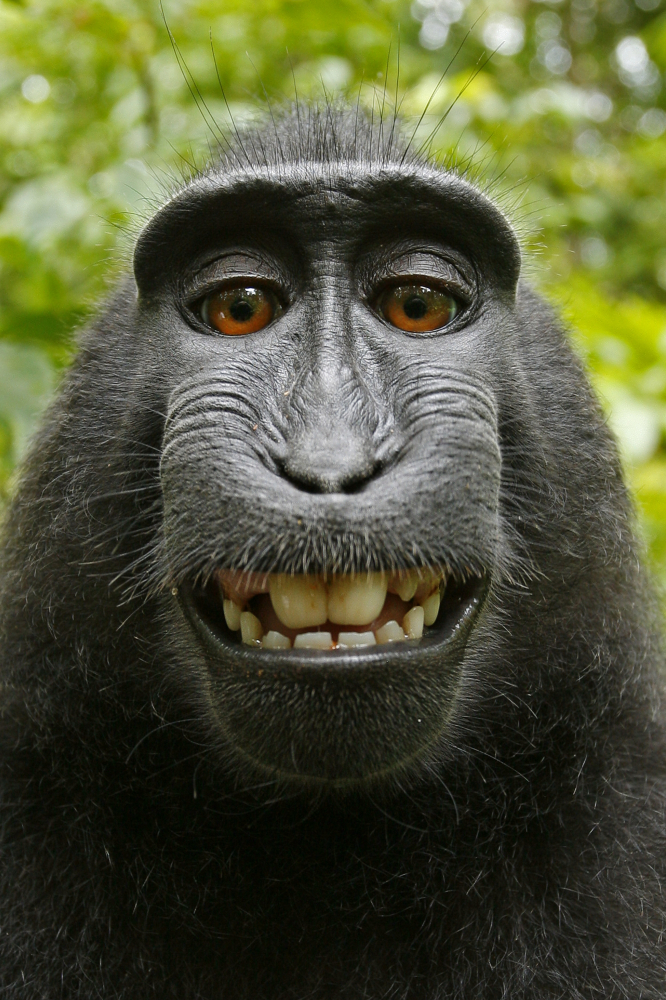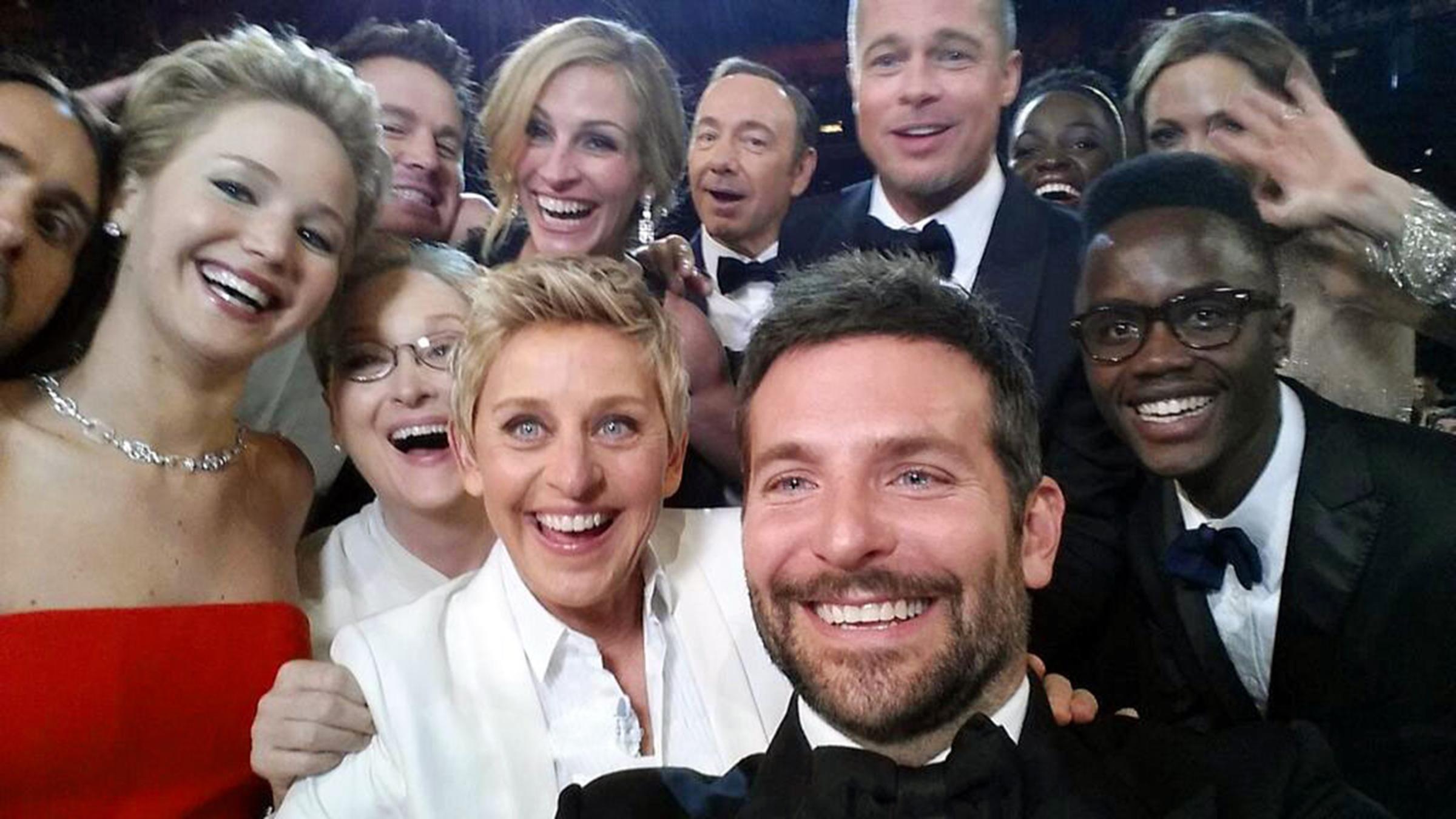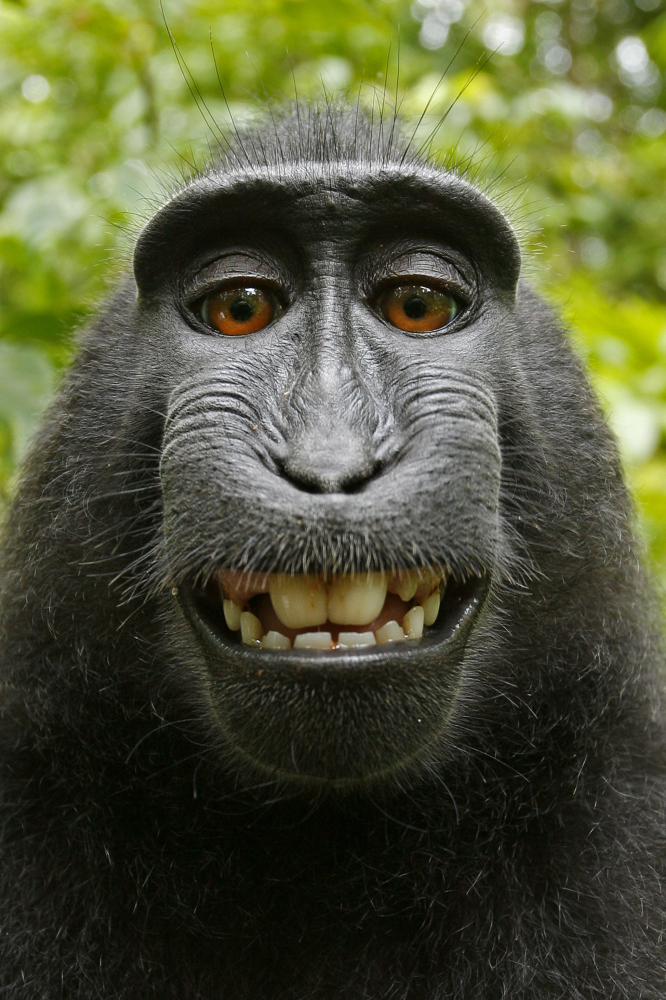
Copyright law can be obscure, but nothing could have prepared British photographer David Slater for what would happen after a monkey stole his camera in Indonesia to take a selfie.
The picture, which went viral three years ago, is today at the center of a heated copyright dispute between Slater and Wikipedia, the open-source encyclopedia. (See Quartz’s Zachary Seward: “Who owns this monkey’s selfie?”)
In 2011, nature photographer David Slater was on vacation in Indonesia when a group of monkeys started playing with equipment he had set up. “They were quite mischievous jumping all over my equipment, and it looked like they were already posing for the camera when one hit the button,” he told The Telegraph in 2011. “The sound got his attention and he kept pressing it. He must have taken hundreds of pictures by the time I got my camera back, but not very many were in focus. He obviously hadn’t worked that out yet.”
The image was an instant Internet phenomenon, guaranteeing financial success for the British photographer. That is until editors at Wikipedia deemed the image belonged in the public domain and could be used, at no cost, by anyone online. “This [image] is in the public domain, because as the work of a non-human animal, it has no human author in whom copyright is vested,” said Wikipedia’s group of editors.
With Slater now ready to go to court to assert his copyright, he is likely fighting a losing battle, legal experts say.
“That’s ridiculous,” says intellectual property expert Charles Swan of the London-based Swan Turton law firm of Slater’s claim that he holds a copyright on the photograph. “The legal situation as far as European copyright is concerned is that a photograph has to be the author’s own intellectual creation. If a monkey takes a picture, that can be considered an author’s intellectual creation. The fact that [David Slater] owns the camera has nothing to do with it. To have copyright, you’ve got to create something; it has to be an expression of your personality. That’s not. Obviously, [since the monkey is not a person] there is no copyright in that picture.”

Mary M. Luria, an intellectual property specialist and partner at Davis & Gilbert LLP in New York City, also sides with Wikipedia, noting the need for a “natural person” to exist for copyright to be claimed. In this case, a monkey, or any other animal, isn’t considered a living human being.
“These copyright debates come along regularly,” says Swan, who recalls legal experts debating ownership of Ellen DeGeneres’ popular star-studded selfie. While the daytime talk show host posted the image on her own Twitter account, actor Bradley Cooper pressed the shutter button.
“Any disagreements [over ownership] between Ellen DeGeneres and the photographer would be governed by any agreement they reached about the shoot,” Luria says. In the absence of such an agreement, the person that presses the shutter button would normally be considered the copyright owner of the resulting image.
Olivier Laurent is the editor of TIME LightBox. Follow him on Twitter and Instagram @olivierclaurent

More Must-Reads from TIME
- Donald Trump Is TIME's 2024 Person of the Year
- Why We Chose Trump as Person of the Year
- Is Intermittent Fasting Good or Bad for You?
- The 100 Must-Read Books of 2024
- The 20 Best Christmas TV Episodes
- Column: If Optimism Feels Ridiculous Now, Try Hope
- The Future of Climate Action Is Trade Policy
- Merle Bombardieri Is Helping People Make the Baby Decision
Contact us at letters@time.com